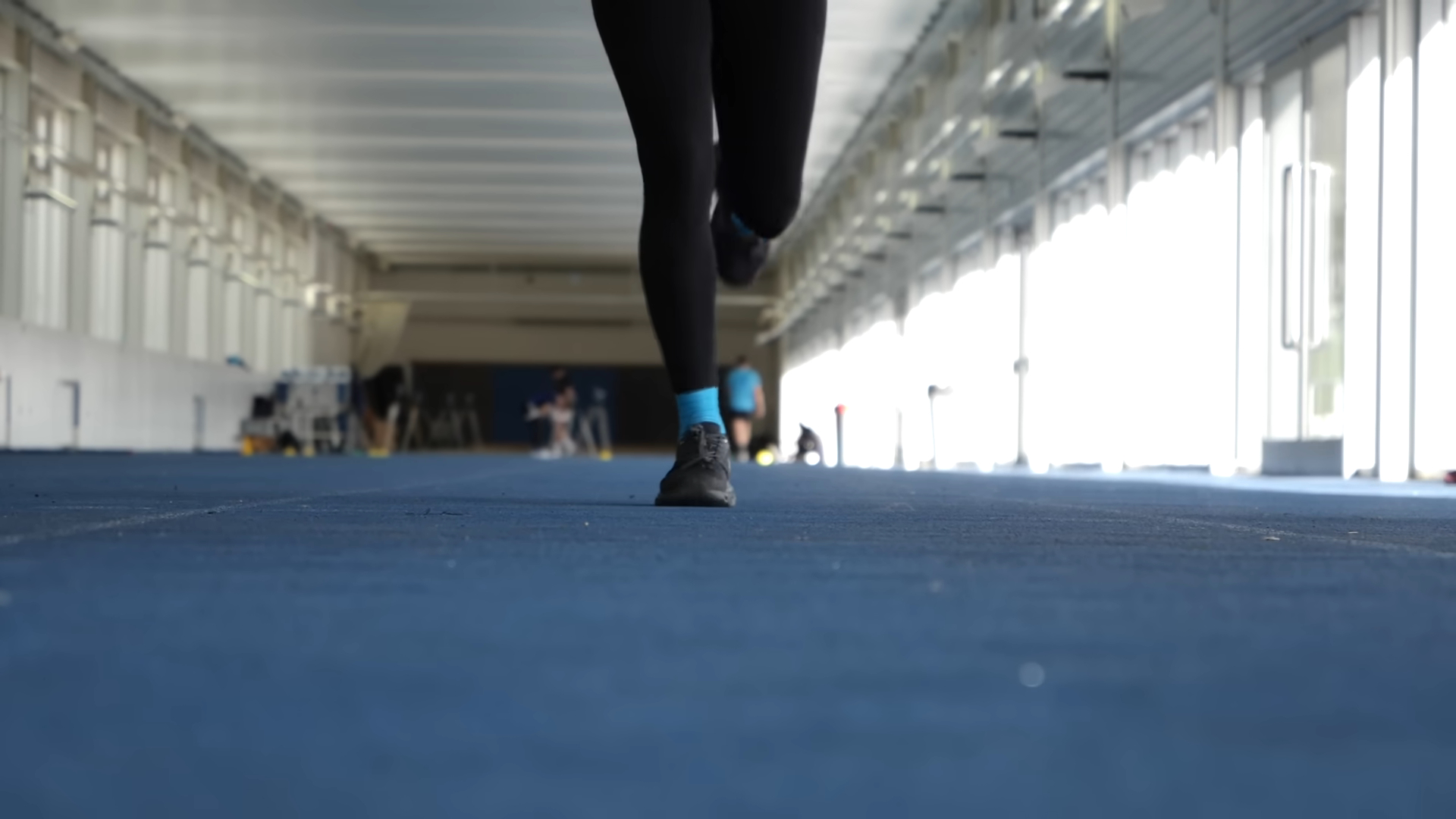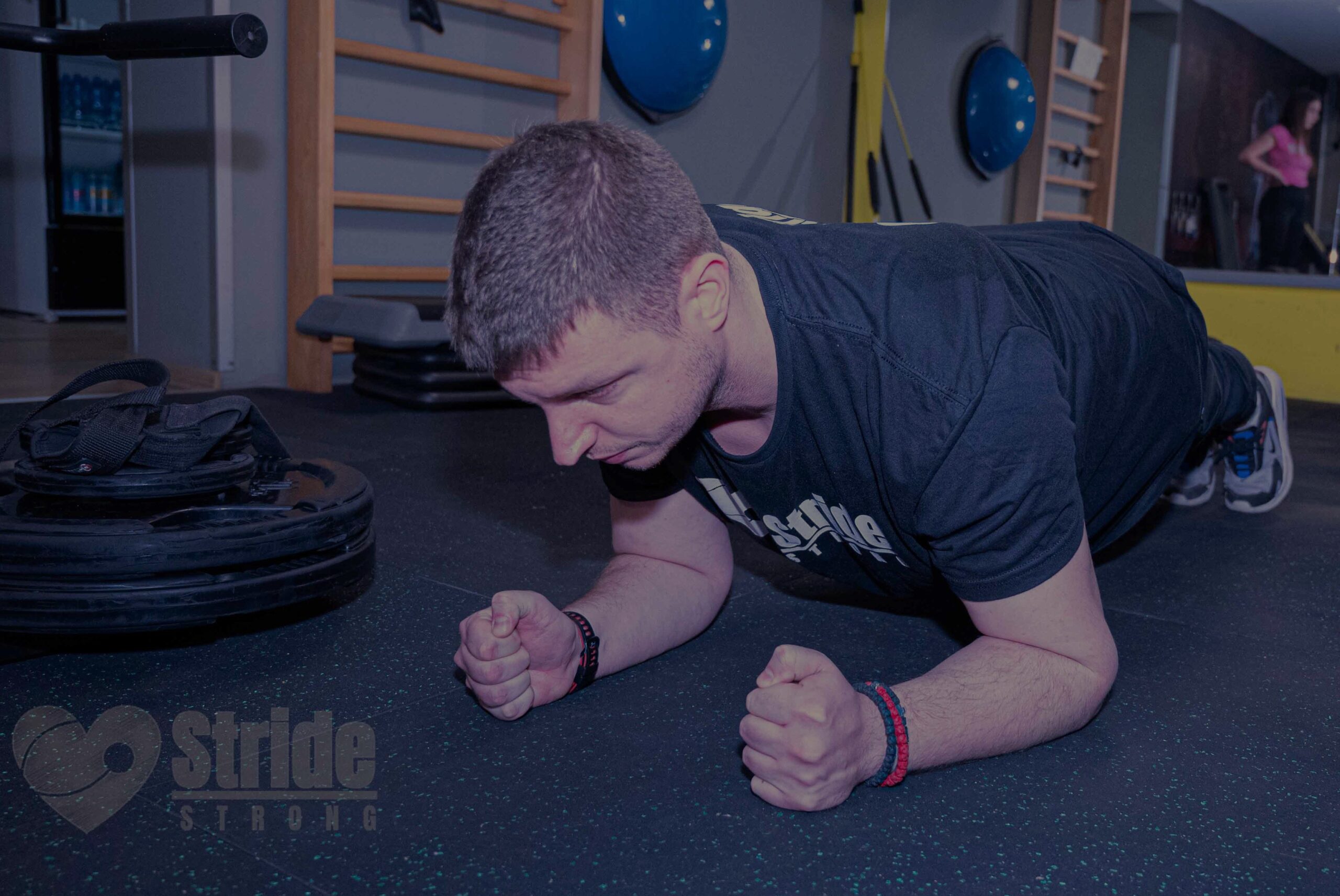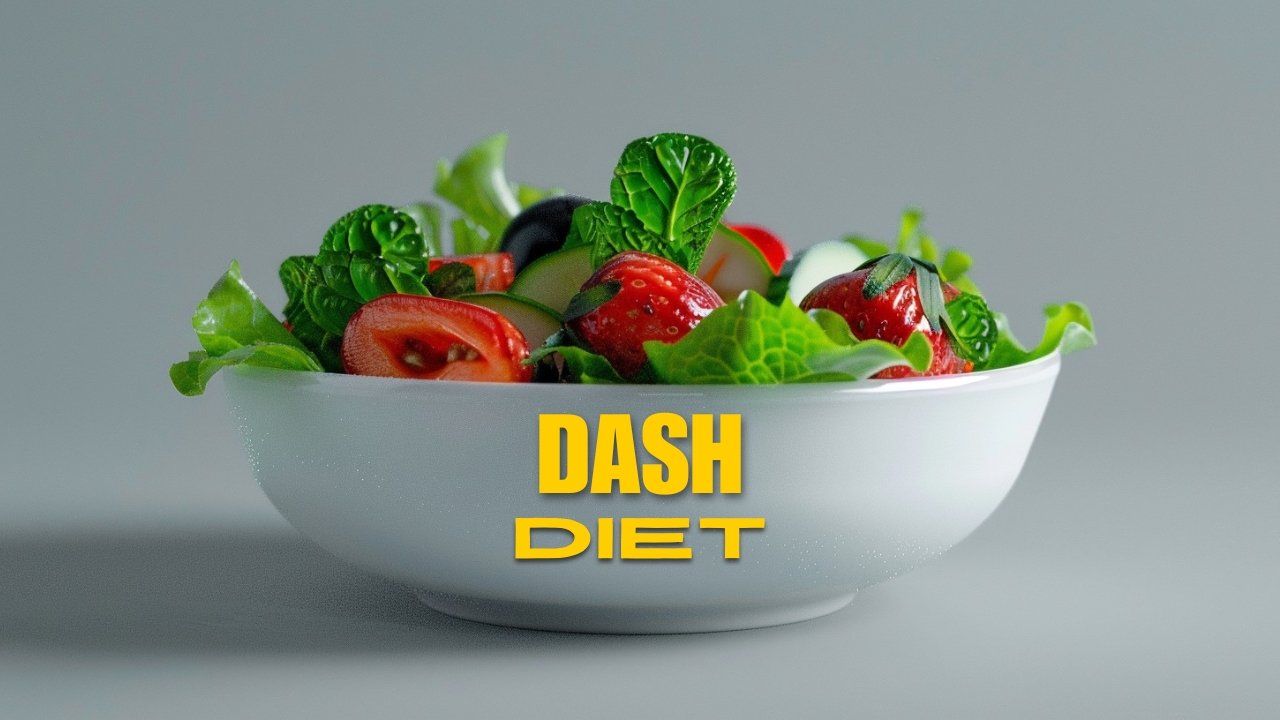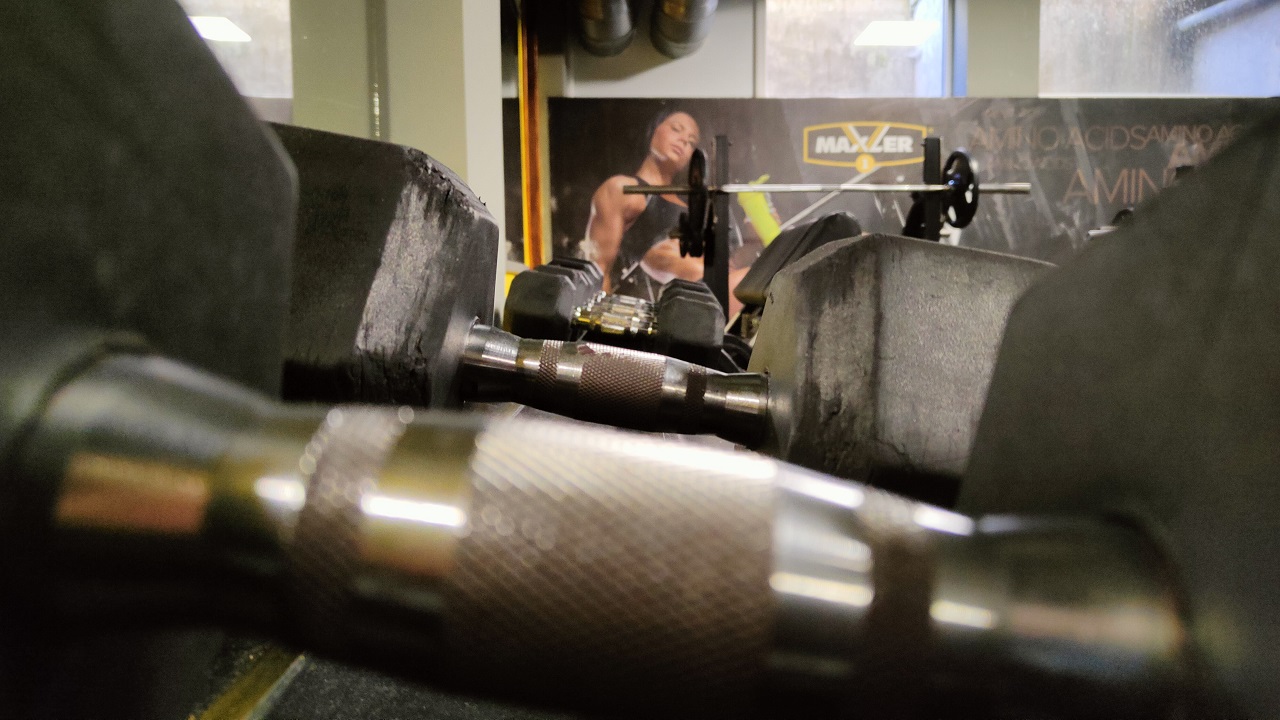Jogging offers several health benefits, such as better cardiovascular health, effective weight management, and a lower risk of metabolic syndrome.
It’s defined as running at a pace slower than 6 miles per hour.
Some studies suggest that jogging might also slow aging and contribute to a longer, healthier life.
In this article, we’ll explore the science behind how jogging can decelerate aging.
We’ll also discuss a few additional strategies that can help older adults maintain their health.
The Effects of Running on The Aging Process
New research highlights the incredible benefits of jogging in the combat of the aging process. In fact, scientists revealed a fascinating correlation between high activity levels and the reversal of biological age.
A study from Brigham Young University by Larry A. Tucker, shed light on the deep impact of running on our cells.More specifically, the impact of running on telomeres. If you’re not familiar with biochemistry, telomeres are protective sheaths at the end of chromosomes that shrink with age. As a result, their ability to shield our chromosomes diminishes, which leaves our cells vulnerable to dysfunction and demise.[1]
Surprisingly, the study concluded that 30 to 40 minutes of running, five days a week, could be enough to turn back the cellular clock by a whopping nine years!
But why does running greatly impact the cellular clock? The answer may lie in its ability to combat oxidative stress. You see, oxidative stress is notorious for accelerating the shortening of telomeres. Therefore, it significantly accelerates the aging process.
The study’s findings serve as a reminder that when it comes to slowing down aging, bouts of irregular exercise will not be enough. Instead, you need to have sustained and dedicated effort. It’s those 30 to 40 minutes of rhythmic activity that’s repeated over the course of five days that truly hold the key to making your cells younger.
More research
The study examined 4,458 participants, which revealed a notable difference in the biological age of runners who clocked at least 75 minutes of running per week compared to those who ran less than 10 minutes. Although the study did not directly measure mortality rates, it highlighted the significance of cellular aging since reduced telomere length has been linked to higher mortality and increased risk of chronic diseases.
Study also focused on the concept of “healthspan.” This refers to the duration of one’s life lived without disabling chronic diseases. Numerous studies showed that exercise significantly improves healthspan by reducing the chances of Alzheimer’s disease, cancer, and an array of other diseases. [2]
Indirect Ways that Running Can Help with The Aging Process
Better weight management
Paul T. Williams say that as we age, it is very challenging to maintain a healthy weight. However, a healthy body mass index becomes even more critical for your well-being and longevity. Although various forms of exercise contribute to weight management, research highlights the effectiveness of running in this regard.[3]
The transition from low-intensity activities, such as walking, to jogging will help you maintain a healthy weight and slow down the aging process, as excess weight is a key factor in accelerated aging and age-related diseases.
Stronger immune system
Immunosuppression is one of the hallmarks of the aging process. This is why we see more infections in elderly adults. Furthermore, the severity of the infection is also proportional to the age of the patient. In other words, the older the patient, the more likely they are to experience severe or life-threatening infections.
John P Campbell indicates that moderate exercise can optimize the function of the immune cells and mitigate the risk related to their dysfunction. This is indispensable to maintain your vitality and resilience against illnesses that commonly afflict older adults. [4]
Lower risk of metabolic syndrome
Xiaochen Lin indicates that regular jogging can reduce insulin resistance, which could slow down the aging process. The improvement of insulin sensitivity and metabolic health places running as the cheapest and most effective way to fight against age-related metabolic disorders.
Note that many elderly adults deal with metabolic syndrome, including type 2 diabetes. The hallmark of the latter is insulin resistance.What’s more, chronically elevated blood sugar levels damage capillaries and nerves in the brain, which can considerably accelerate the aging process. [5] [6]
Improved cognitive abilities
Cognitive decline is a common feature of aging that affects memory, decision-making, and mental acuity. Running can be a potent intervention to preserve cognitive function as we age.
Jogging can protect you from age-related cognitive decline through the following mechanisms:
- Promotion of neuroplasticity.
- Enhancement of executive function.
- Protection against the effects of stress on the brain.
Although these processes may not have a direct impact on telomeres, they surely address one critical aspect of the aging process – Cognitive Decline.
Lower risk of mood disorders
You might wonder how the antidepressant effects of running can slow down aging. Well, we have science to back us up. According to a study from 2019, of Alessio Squassina found that mood disorders, including depression, are associated with increased biological age of the cells. [7]
Bottom Line
Running is a fantastic physical activity that offers an array of health benefits.
The exciting research about running and the aging process should get us all to go out for a jog or at least hop on the treadmill.
We hope that this article managed to explain how running can slow down the aging process and help older individuals to be healthier.
REFERENCES:
- Larry A. Tucker,
Physical activity and telomere length in U.S. men and women: An NHANES investigation,
Preventive Medicine, Pages 145-151, ISSN 0091-7435, https://doi.org/10.1016/j.ypmed.2017.04.027. - Blackmon CM, Tucker LA, Bailey BW, Davidson LE. Time Spent Jogging/Running and Biological Aging in 4458 U.S. Adults: An NHANES Investigation. International Journal of Environmental Research and Public Health. 2023; 20(19):6872. https://doi.org/10.3390/ijerph20196872
- Williams PT. Greater weight loss from running than walking during a 6.2-yr prospective follow-up. Med Sci Sports Exerc. 2013 Apr;45(4):706-13. doi: 10.1249/MSS.0b013e31827b0d0a. PMID: 23190592; PMCID: PMC4067491.
- Campbell JP, Turner JE. Debunking the Myth of Exercise-Induced Immune Suppression: Redefining the Impact of Exercise on Immunological Health Across the Lifespan. Front Immunol. 2018 Apr 16;9:648. doi: 10.3389/fimmu.2018.00648. PMID: 29713319; PMCID: PMC5911985.
- Lin X, Zhang X, Guo J, Roberts CK, McKenzie S, Wu WC, Liu S, Song Y. Effects of Exercise Training on Cardiorespiratory Fitness and Biomarkers of Cardiometabolic Health: A Systematic Review and Meta-Analysis of Randomized Controlled Trials. J Am Heart Assoc. 2015 Jun 26;4(7):e002014. doi: 10.1161/JAHA.115.002014. PMID: 26116691; PMCID: PMC4608087.
- https://www.cdc.gov/diabetes/library/features/diabetes-and-your-brain.html
- Squassina A, Pisanu C, Vanni R. Mood Disorders, Accelerated Aging, and Inflammation: Is the Link Hidden in Telomeres? Cells. 2019 Jan 15;8(1):52. doi: 10.3390/cells8010052. PMID: 30650526; PMCID: PMC6356466.











